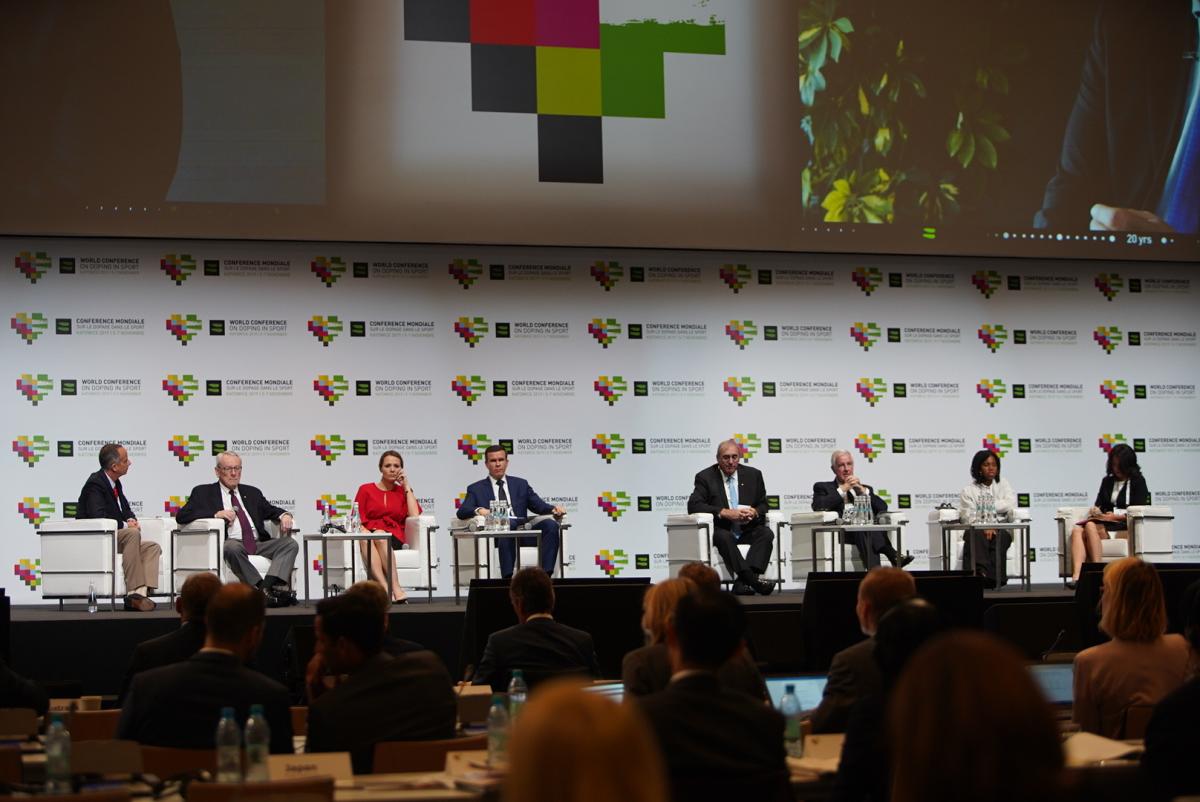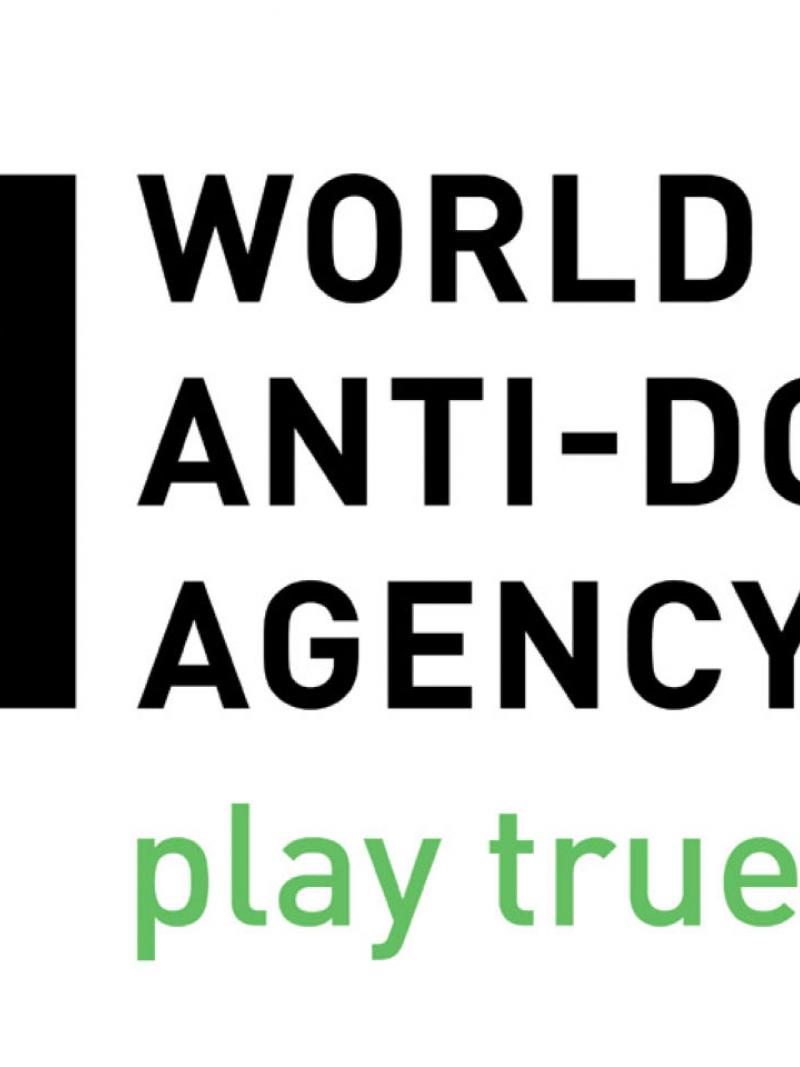WADA’s World Conference focuses on strengthened rules’ benefits to athletes
‘In conjunction with the Code, the International Standards underpin the entire global anti-doping program and have proven over time to be highly effective’ 08 Nov 2019
POLAND: The World Anti-Doping Agency’s (WADA’s) World Conference on Doping in Sport was held in Katowice from 5-7 November and it primarily focused on the International Standards of the global anti-doping programme, which will be put before WADA’s Executive Committee tomorrow for approval.
A Conference session was devoted to each Standard with experts on hand to explain some of the technicalities of each and the positive impact that they will have on clean sport.
The comprehensive suite of Standards – which includes two new ones related to results management and education – covers the topics of testing and investigations, Therapeutic Use Exemptions, the Prohibited List, laboratories, data protection, and Signatory compliance with the World Anti-Doping Code (Code). Once approved, all the Standards will enter into force on 1 January 2021, with the exception of the List that is updated annually.
In December 2017, WADA initiated a very transparent revision process which consisted of three distinct consultation phases for the Code and two for the related International Standards. During this time, stakeholders had multiple opportunities to contribute and make recommendations on how to strengthen the global anti-doping rules.
The new International Standard for Results Management seeks to make cases of suspected doping more harmonized, fair, efficient and timely so that athletes are treated the same regardless of their sport or country, while the International Standard for Education will further enable Signatories to consider those in their sporting landscape who would benefit from education, plan how to reach them, provide education opportunities for them to access and then gather feedback for improvements.
WADA President Sir Craig Reedie speaking on the occasion said, “In conjunction with the Code, the International Standards underpin the entire global anti-doping program and have proven over time to be highly effective. In order for them to remain robust, they need to evolve and adapt to the changing landscape. Through the comprehensive consultation process that has led up to this point, we received a huge number of comments and contributions from stakeholders, the result of which is stronger regulations that will protect athletes and clean sport further.”
During the afternoon, WADA Athlete Committee Chair Beckie Scott and member Ben Sandford presented the latest draft of the Athletes’ Anti-Doping Rights Act – previously known as the Anti-Doping Charter of Athlete Rights. The purpose of this document is to ensure that athlete rights within anti-doping are clearly set out, accessible, and universally applicable. Beckie Scott and Ben Sandford took Conference participants through the Act’s two-year evolution, detailed its contents and addressed questions and comments raised by the Conference participants. The Act will be considered along with the International Standards by WADA’s Executive Committee tomorrow.
Another athlete-focused highlight of the day was a session that featured the International Olympic Committee’s (IOC’s) ‘Take the Podium’ program, which is a medal reallocation program launched in 2018 upon the recommendation of the IOC’s Athlete Commission.
Many athletes have had medals taken away from them in the years following an Olympic Games or other major events after re-analysis of stored doping control samples by the IOC and other anti-doping organizations revealed the presence of prohibited substances or methods thanks to new or improved detection methods. The IOC has implemented a program that looks to give those athletes who were cheated out of medals at Olympic Games, their moment of glory and recognition.





